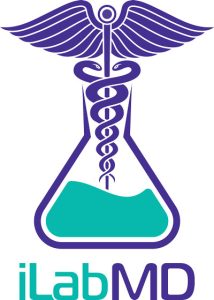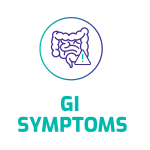Thyroid Health
At iLabMD, we're here to guide you through your life journey.
Explore Thyroid Health Symptoms & Conditions
Thyroid hormone dysfunction refers to imbalances in the production, regulation, or utilization of thyroid hormones, which are essential for regulating metabolism and various bodily functions. Thyroid disorders include hypothyroidism (underactive thyroid), hyperthyroidism (overactive thyroid), and autoimmune conditions like Hashimoto’s thyroiditis and Graves’ disease. These conditions can lead to a wide range of symptoms and health issues.
The role of functional medicine in thyroid disorders:
Functional medicine is an approach to healthcare that focuses on identifying and addressing the root causes of health problems, rather than just treating symptoms. In the context of thyroid hormone dysfunction, functional medicine takes a comprehensive and individualized approach to diagnosis and treatment.
Functional medicine practitioners conduct thorough assessments of a patient’s medical history, lifestyle, genetics, and environmental factors. This helps identify potential triggers and contributors to thyroid dysfunction.
Functional medicine considers the interconnectedness of different bodily systems and how imbalances in one area can affect thyroid health. It aims to address not only thyroid hormone levels but also other aspects of a patient’s health, such as gut health, adrenal function, and immune system balance.
Functional medicine uses individualized treatment plans tailored to the patient’s specific needs. This may include dietary modifications, lifestyle changes, supplementation with specific nutrients (e.g., selenium, iodine), stress management techniques, and sometimes medication when necessary.
Nutrition plays a significant role in thyroid health. Functional medicine emphasizes the importance of a balanced diet, which may include addressing food sensitivities or nutrient deficiencies that can affect thyroid function.
The gut and thyroid are interconnected, and imbalances in gut health can impact thyroid function. Functional medicine may address gut issues like leaky gut syndrome or dysbiosis to support overall thyroid health.
Chronic stress can affect the adrenal glands, which in turn can impact thyroid function. Functional medicine practitioners may employ stress-reduction techniques and adrenal support strategies to address these factors.
Functional medicine considers the potential impact of environmental toxins, such as heavy metals and endocrine-disrupting chemicals, on thyroid health and works to reduce exposure when relevant.
Functional medicine involves ongoing monitoring and adjustment of treatment plans as needed. This ensures that the patient’s thyroid function and overall health are continuously optimized.
Overall, functional medicine takes a holistic and patient-centered approach to thyroid disorders, aiming to identify and address the underlying causes of dysfunction rather than merely managing symptoms. It recognizes that thyroid health is influenced by a complex interplay of factors and seeks to restore balance and wellness to the individual as a whole. Functional medicine practitioners work collaboratively with patients to achieve long-term health improvements.
Thyroid Testing
Thyroid health has been linked to food sensitivities, gut health, environmental toxins and more.
Most patients who turn to functional medicine have already had thyroid testing.
Please provide your blood tests, thyroid and others, prior to your session, for the doctor to review.










